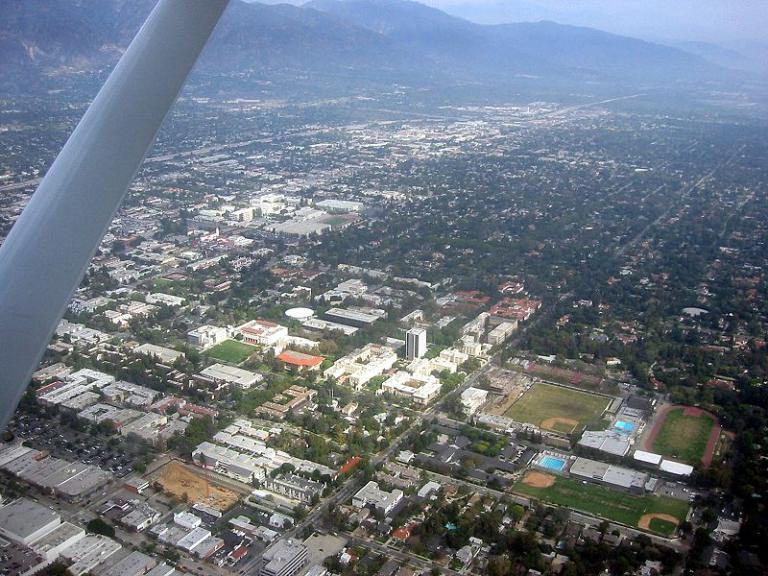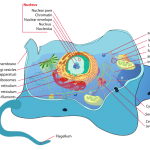
(Wikimedia Commons public domain)
After completing undergraduate work at the University of California at Berkeley and earning his doctorate in molecular biology at Caltech (the California Institute of Technology), Douglas Axe went on to post-doctoral work and then to a research scientist position, both at the University of Cambridge in the United Kingdom. In other words, he has some experience in the world of science (both substantively and sociologically).
Here are three related passages from his book Undeniable: How Biology Confirms Our Intuition That Life Is Designed (New York: HarperCollins, 2016):
Perhaps this tendency to idolize the legends of science is connected to a skewed view of the whole scientific enterprise. Many of us, including me, have bought into the idea that science, though practiced by humans, has managed to rid itself of the human flaws that leave their mark on every other human undertaking. The purity of science is guaranteed by the rigor of “the scientific method,” we think.
Astrophysicist Neil deGrasse Tyson described this utopian view as follows in the first episode of the Cosmos: A Spacetime Odyssey television series:
This adventure is made possible by generations of searchers strictly adhering to a simple set of rules: test ideas by experiment and observation; build on those ideas that pass the test; reject the ones that fail; follow the evidence wherever it leads; and question everything. Accept these terms, and the cosmos is yours.
That all sounds very nice. (37)
But, he says, the reality is more complex than that.
And he’s right. William Barrett, The Illusion of Technique: A Search for Meaning in a Technological Civilization (Garden City, N.Y.: Doubleday, 1979), 3–117, describes the effect of cultural and psychological factors upon even so rarified a discipline as mathematical logic. References on this issue could be multiplied indefinitely. “It is a disturbing fact,” wrote Sir Karl Popper, “that even an abstract study like pure epistemology is not as pure as one might think (and as Aristotle believed) but that its ideas may, to a large extent, be motivated and unconsciously inspired by political hopes and by Utopian dreams” (Karl R. Popper, Conjectures and Refutations: The Growth of Scientific Knowledge [London: Routledge; Kegan Paul, 1969], 6).
But back to Douglas Axe:
Nowhere are these complications more evident that in the discussion of big ideas that touch the way we live, because here we find that everyone — scientists included — has a strongly held view. And the very biggest ideas are those that offer answers to the all-important question of how we got here. We should by all means trust the scientific community to tell us how many moons orbit Neptune or how many protons are packed into the nucleus of a cobalt atom. Why would anyone distort facts of that kind? Matters where everyone wants to see things a certain way, however, are a completely different story. With those we should always apply a healthy dose of skepticism. (38)
Oddly enough, I now see how the pursuit of prestige — so evident in my own life — goes a long way toward explaining how science gets stuck on certain wrong ideas. In the professional world of science, prestige is bestowed in the form of praise, and not just any praise but the rare praise of those who are themselves most highly praised. Knowing how fickle praise can be, though, why would anyone assume that praiseworthy science always gets the praise it deserves? (39)
I find myself reminded of a passage in Amir D. Aczel, God’s Equation: Einstein, Relativity, and the Expanding Universe (New York and London: Four Walls Eight Windows, 1999), where, after several pages describing the young Einstein’s problems with regimentation and authority and his early failure to gain an academic appointment (which left him working in the Swiss patent office in Bern, where, among other things, he developed his Special Theory of Relativity), Aczel writes that
Later in life, he [Einstein] suggested to young researchers that the best situation for a creative scientist is to have a menial or “unintellectual” job that allows some free time for research, rather than a traditional university position requiring teaching, service to the institution, and campus politics. (19)
I must say that, after decades in academia, I can understand where Dr. Einstein was coming from on this point.
















